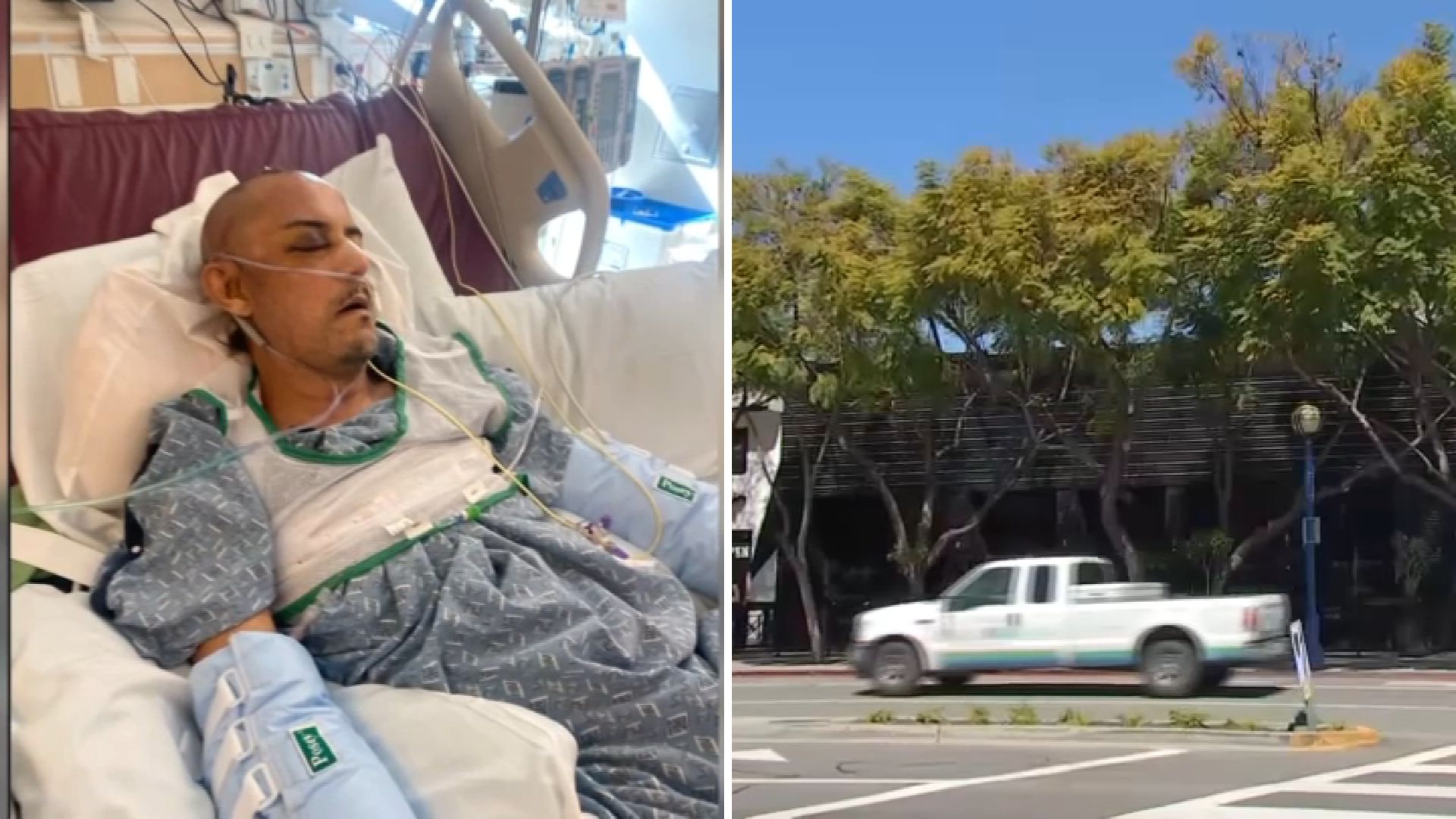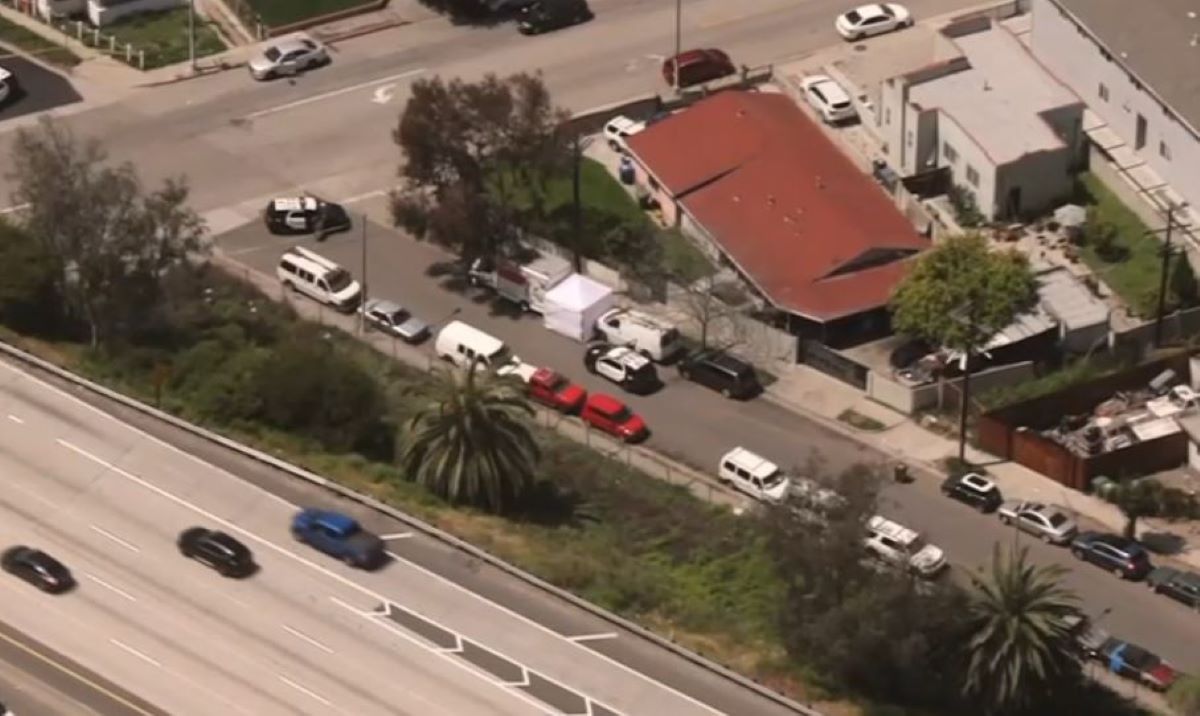On her own time and her own dime, Shanice Joseph teaches teen girls at a summer program in Compton about her journey to a college education.
"I want everybody to stand up," she says. "It's not easy."
It's so tough for girls here -- or in nearby Watts, where she grew up -- that it brings her aunt, Janice Miller, to tears.
"I really needed my peers," Miller says. "So, you guys know, you need each other."
Joseph and Miller did have each other -- the elder woman, inspiring her niece by example.
She has family. She's married.
But many do not.
Local
Get Los Angeles's latest local news on crime, entertainment, weather, schools, COVID, cost of living and more. Here's your go-to source for today's LA news.
In Watts, the percentage of homes where parents are unmarried is among the highest in the city.
Now, 50 years after the riots that tore this community to shreds, Watts still dwells at the bottom of LA's list for household median income: Just over $25,000 a year.
"There are no opportunities for post high school students," Joseph says.
On a tour of her neighborhood, Joseph explained what she believes is the problem.
She says her friends told her when she was thinking about dropping out of community college a couple of years ago to have a kid.
"They told me, straight out, 'have a kid and it will help you,' as opposed to going to college," Joseph says.
In her neighborhood, several agencies and centers provide everything from health care to counseling.
"There are at least three to five from this park to my house, which is, like, a 10 minute walk," she says.
She says such services focus primarily on pregnant teens or those who already have children. Even job opportunities, in her experience, are offered first to people with felony records or children.
College-bound, single people like herself?
Not so much.
"I did look at that. I did," Joseph says. "I thought, 'if I have a kid right now, under age 24, I can get more money to go to school. I can apply to live in my apartment complex.' That means I won't have to live with my grandmother."
Joseph says she doesn't "fit in" here, not because she made the wrong decisions, but because she made the right ones.
"Not to take anything away from the families that need it,"Joseph says. "I just think it shouldn't be limited to one category."
She became so frustrated that she wrote an editorial, with the headline: "In Watts, it's easier being a pregnant teen than a college student."
But as she was writing and later, when she was deluged with emails from online readers who told her to "hang in there," she realized she had a bigger responsibility.
To Watts, where she wants a new generation to see education as the answer.
"I haven't given up on Watts because I believe it has a lot of potential," Joseph says. "I'm a living example of that."
But most of all, to herself.
She smiles broadly while talking to the teenagers about how a college degree has to come first, then family, then life.
Some day, Joseph wants to become a mom like her proud aunt, who recently had her first baby at age 33.
But for now she's back in college, working to become a teacher or journalist.
One day, she wants to start an information resource center so kids will know they have better options not just easy ones.
"It's something that's needed now," Joseph says.



